We are an Equal Employment/Affirmative Action employer. We do not discriminate in hiring on the basis of sex, gender identity, sexual orientation, race, color, religious creed, national origin, physical or mental disability, protected Veteran status, or any other characteristic protected by federal, state, or local law.
Understanding DSCR Loans: A Comprehensive Guide for Texas Investors
If you're an experienced real estate investor or thinking about purchasing your first investment property, understanding DSCR (Debt Service Coverage Ratio) loans could be your key to unlocking new opportunities.
Today, we’re diving into this unique loan option that is perfect for investment properties. Throughout the article, we have listed helpful resource links for Texas investors.
What Is a DSCR Loan?
A DSCR loan is designed for real estate investors and uses the cash flow from an investment property to qualify for financing. This means:
- No employment or income verification is required.
- Qualification is based on the property's cash flow rather than the borrower’s personal income.
- Suitable for short-term rentals and long-term rental properties.
Key Features of DSCR Loans:
- Property Cash Flow: The loan qualifies based on whether the rental income covers the mortgage, taxes, insurance, and HOA fees.
- Flexible Entity Structures: Borrowers can secure loans under an LLC, even newly formed ones.
- Multiple Loan Options: DSCR loans can be used for purchases, rate-and-term refinances, and cash-out refinances.
Why DSCR Loans Are a Game-Changer for Texas Investors
Texas is one of the top states for real estate investment, especially in cities like Houston, Austin, and Dallas. A DSCR loan allows Texas investors to:
- Expand their portfolio with minimal documentation.
- Access funds through cash-out refinances for future projects.
- Simplify qualification by focusing solely on the property’s rental income.
For more information on investment property trends in Texas, visit Texas A&M Real Estate Center.
Steps to Qualify for a DSCR Loan
Here are the basics of how to get started:
- Credit Score Requirements: Most lenders require a minimum credit score of 680. For better terms, aim for a 700 or higher.
- Down Payment: Typically, borrowers need a 20-25% down payment.
- Cash Flow Analysis: A rental income appraisal, called a rent comp analysis, will be ordered to estimate the property’s expected rent.
- Reserves: Expect to provide six months of reserves for the subject property.
To discover tailored financing options or loan programs in Texas, click the link below to schedule your 15-minute call:
Key Considerations for DSCR Loans
- Loan Terms: Most DSCR loans are available as 30-year fixed-rate mortgages, providing stability for investors.
- Loan Amounts: Loan amounts typically range from $75,000 to $1.5 million.
- Prepayment Penalty: DSCR loans often come with a three-year prepayment penalty, but you may be able to buy it out for added flexibility.
- Rates: Interest rates are slightly higher than conventional loans, but this is balanced by the flexibility DSCR loans offer.
For detailed information on property tax rates across Texas, visit the Texas Comptroller of Public Accounts
Why Work with Local Texas Lenders?
Not all lenders offer DSCR loans, so it’s crucial to partner with a knowledgeable lender who understands Texas markets. Companies like Angel Oak provide a range of non-QM products tailored to investors' needs.
If you're based in Houston or the surrounding areas, explore financing options with Legacy Mutual Mortgage for local expertise.
DSCR loans offer incredible flexibility and opportunity for real estate investors in Texas. Whether you’re looking to purchase your first rental property or refinance an existing portfolio, this loan program simplifies the process by focusing on property cash flow instead of personal income.
Bonus Tip: Interested in exploring other creative financing options? Check out our episode on Bank statement loans — another excellent tool for self-employed borrowers.
Have questions about DSCR loans or other financing options? Reach out to us or explore the resources linked above to make the most informed decision for your investment journey.










